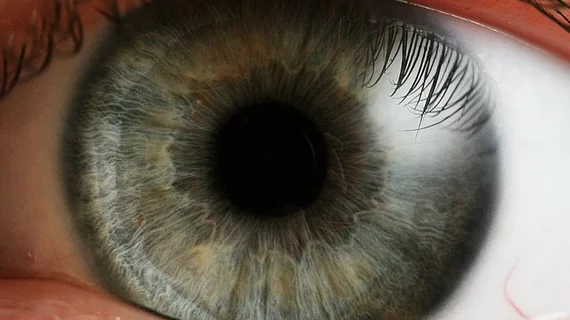68 cataract patients left nearly blind after receiving injections of knockoff drug
Nearly six dozen cataract patients are partially blind after receiving a knockoff version of a drug, according to a report by BuzzFeed News.
The drug in question is a knockoff version of TriMoxi, which has caused severe eye troubles for 68 patients in the Dallas area. According to the report, some of the patients “cannot perceive depth or colors. Others see glare, halos, flashing lights or darkness. Many are constantly disoriented, plagued with headaches and nausea, [and] unable to drive or work.”
Two of the patients have already filed a lawsuit against the pharmacy that mixed the drug, the company that designed the drug’s recipe and the clinics that injected it. Others are also planning to join the lawsuit.
“The defendants are pointing fingers at one another,” the report said. "The company accused of coming up with the drug’s recipe, the Professional Compounding Centers of America (PCCA), denies it did so, and says that the trouble was caused in part by the pharmacy that mixed it, Guardian Pharmacy Services."
“Guardian, meanwhile, says there’s no link between its products and the patients’ vision problems, which were known complications of the surgery. And the clinics that performed the surgery—which typically has a low rate of complications—say the drug was certainly to blame.”
Guardian Pharmacy Services in Dallas is not affiliated with the national long-term care Guardian Pharmacy Services, LLC headquartered in Atlanta.
To read the full report, click the link below.

